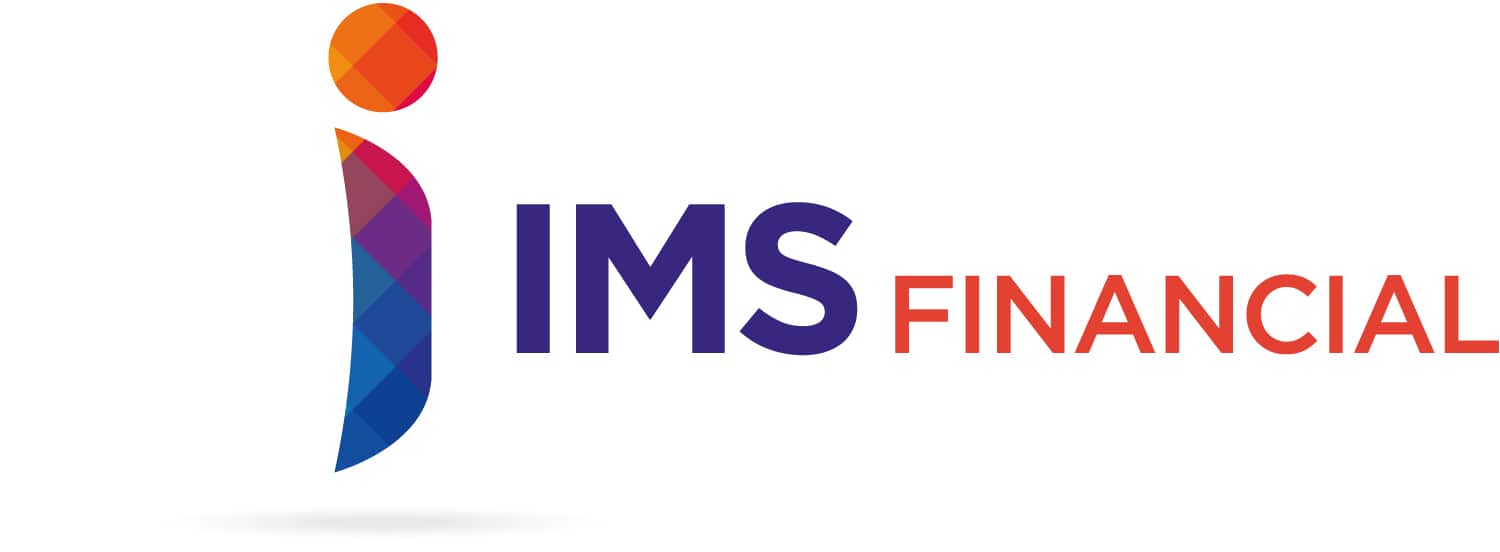Documents needed for Self-Employed
- Specialist Mortgage Advisers
- Thousands of Mortgage Products Available
- Access to Competitive Rates
Get in touch for a free, no-obligation chat about how we might be able to help you.

Get in Touch
You voluntarily choose to provide personal details to us via this website. Personal information will be treated as confidential by us and held in accordance with GDPR May 2018 requirements. You agree that such personal information may be used to provide you with details of services and products in writing, by email or by telephone.
By submitting this information you have given your agreement to receive verbal contact from us to discuss your mortgage requirements.
Home » Self-Employed Mortgages » Documents needed for Self-Employed
Documents Needed for a Self-Employed Mortgage
People tend to think that it is more difficult for the Self-Employed to get a mortgage.
Fortunately, these days that isn’t the case – most lenders are happy to accept people who run their own business. The key to approval is confirming your income, which involves gathering and supplying various documents.
What is a Self-Employed Mortgage?
Self-Employed people apply for the same mortgages as someone employed by a company. The only difference is in how you back up your application with proof of income.
An employed applicant just needs to state their salary and confirm it with a few payslips. But Self-Employed people often have a more variable income, so lenders want more information as reassurance that you can afford the mortgage repayments.
What documents do you need for a Self-Employed Mortgage?
Each lender might have slightly different requests for documents, but you will always need proof of identity. Usually this means a UK photocard driving licence or passport, together with proof of address from utility bills or bank statements.
Then you’ll need some business-related information to help prove your income. These might vary depending on your business set-up:
Sole traders and partnerships: You will usually need one to three tax years calculations. Lenders will accept printouts from the HMRC website, detailing self assessment tax returns (SA302 forms). You can also submit a summary from your accountant.
Limited Company: You will need one to three years worth of company accounts, stating your salary and dividends as well as retained profits. You might also need to supply P60 forms or tax calculations.
Lenders will also take a look at your credit score. If you have always made payments and settled bills on time and stayed within credit limits and overdrafts, you should have an acceptable rating. If your credit record is likely to be more complex, it’s worth checking it online before applying for a mortgage.
Speak To An Expert
- Specialist Mortgage Advisers
- Thousands of Mortgage Products Available
- Access to Competitive Rates
Improving your chances of mortgage approval
The secret to getting approved for a mortgage is to make sure you meet all your chosen lender’s criteria. A Mortgage Broker can help you with this – we will do all the research before recommending products to you.
There are a few general ways to improve your chances of acceptance:
- Wait until you have at least two years of accounts
- Increase your income – take larger dividends in the months pre-mortgage application
- Get together evidence of new contracts and upcoming business deals
- Save up for a bigger deposit – 20% or more will improve your options
How can a Mortgage Broker help with Self-Employed mortgages?
As Mortgage Brokers we’re very experienced in helping Self-Employed workers find a mortgage deal. Because we know the market so well we anticipate problems in advance and find the Mortgage Lenders who are most likely to accept your application, first time. We’ll use mortgage calculators to show you what different mortgage rates and fees will mean in practice to help you choose the most appropriate deal.
We also know which customer documentation each lender will want to see – and what they are looking for. We’re registered in England and authorised and regulated by the Financial Conduct Authority, so get in touch today for an initial chat.
YOUR HOME MAY BE REPOSSESSED IF YOU DO NOT KEEP UP REPAYMENTS ON YOUR MORTGAGE
- Useful Links
- Limited Company Director
- Self-Employed Mortgages With One Years' Accounts
- Contractor Mortgages
- Documents Needed for Self-Employed Mortgage
- Buy to Let Self-Employed
- Joint Mortgages One Self-Employed
- What Income do Mortgage Lenders Look at if you are Self-Employed?
- Are Self-Cert Mortgages Still Available?
- Why IMS Financial
- We're a family run business
- Friendly advisers with a wealth of knowledge
- Access to a wide range of products from over 60 lenders
- Trusted and stress-free financial advice
Speak To An Expert
- Specialist Mortgage Advisers
- Thousands of Mortgage Products Available
- Access to Competitive Rates

